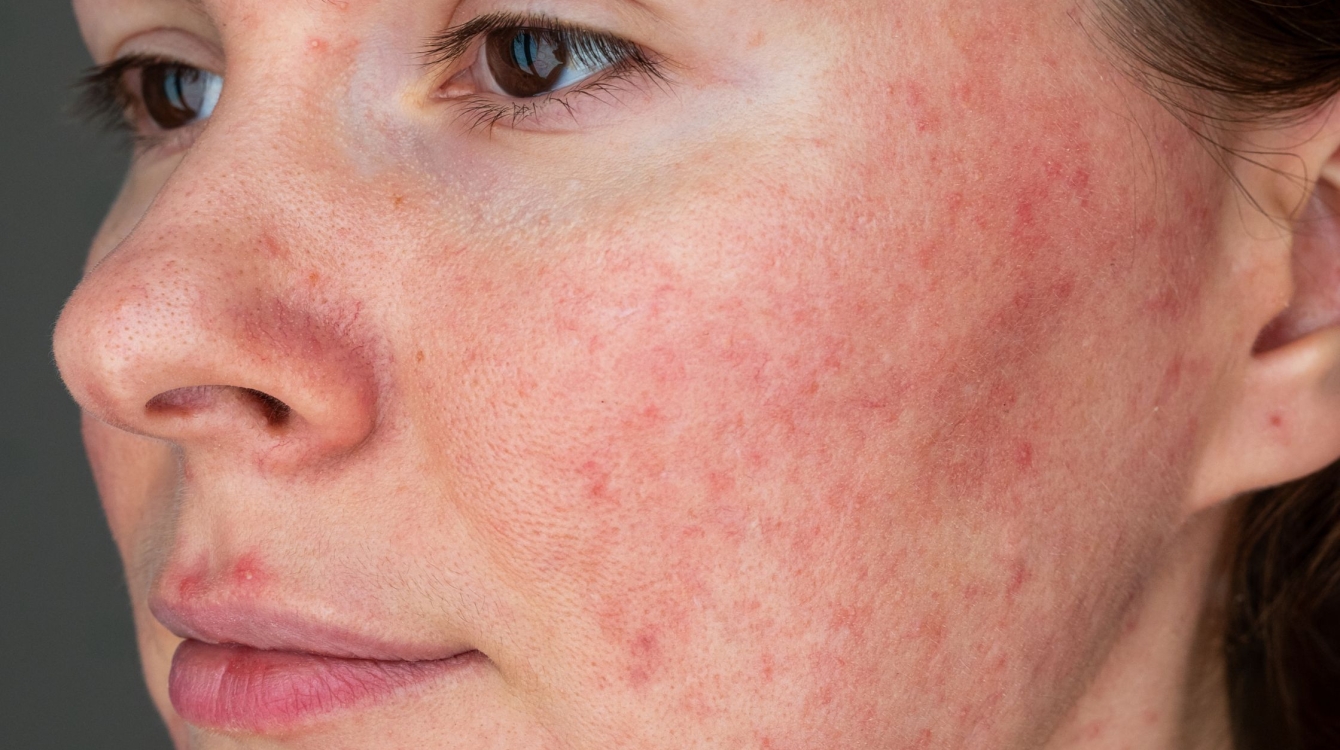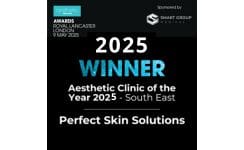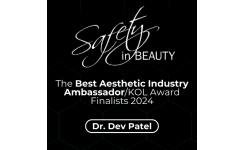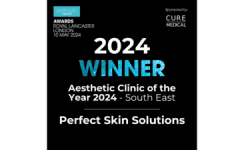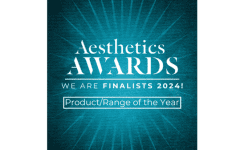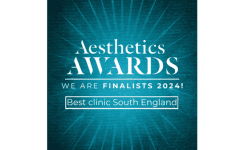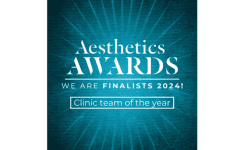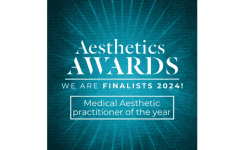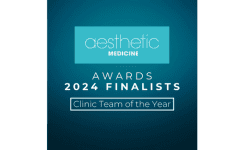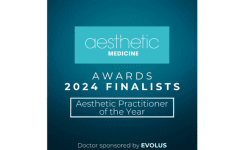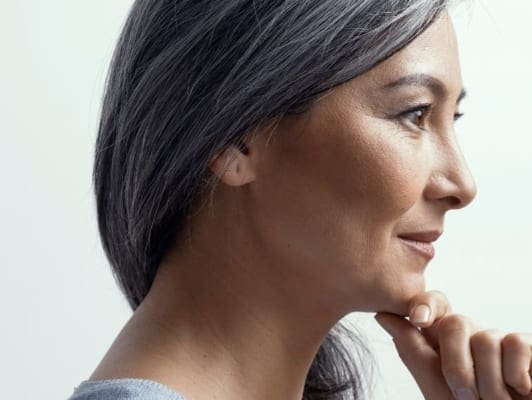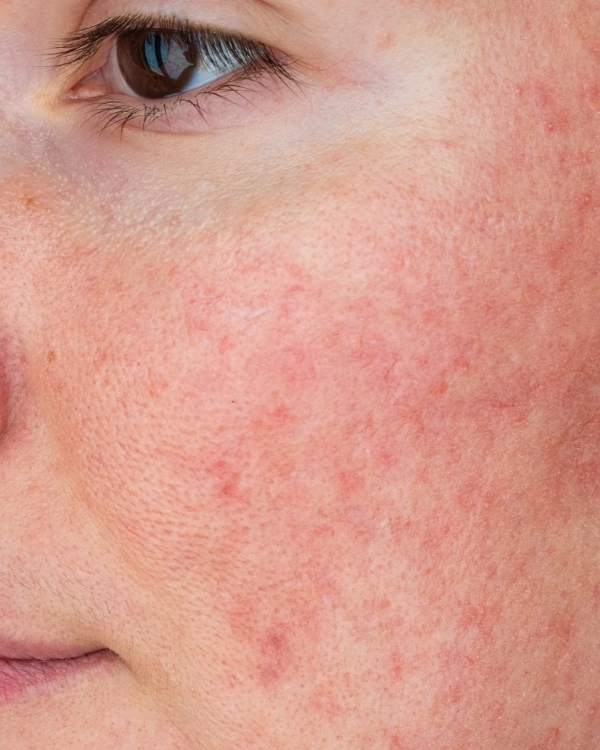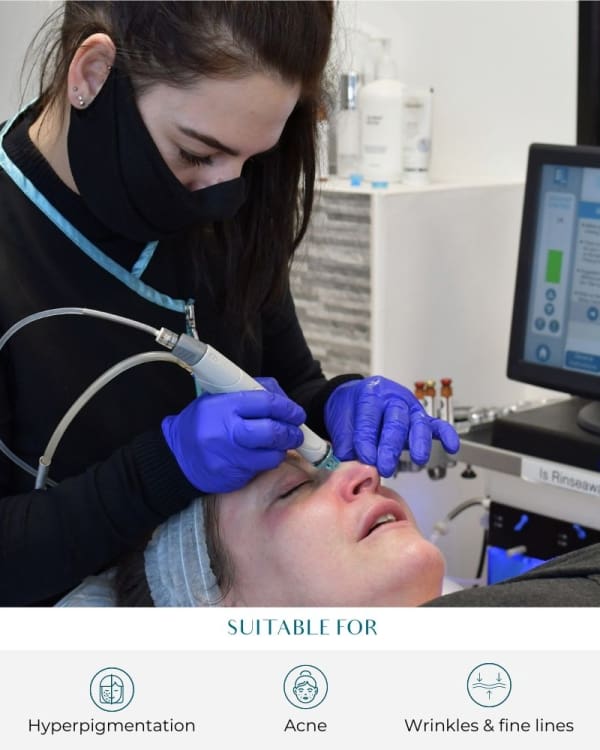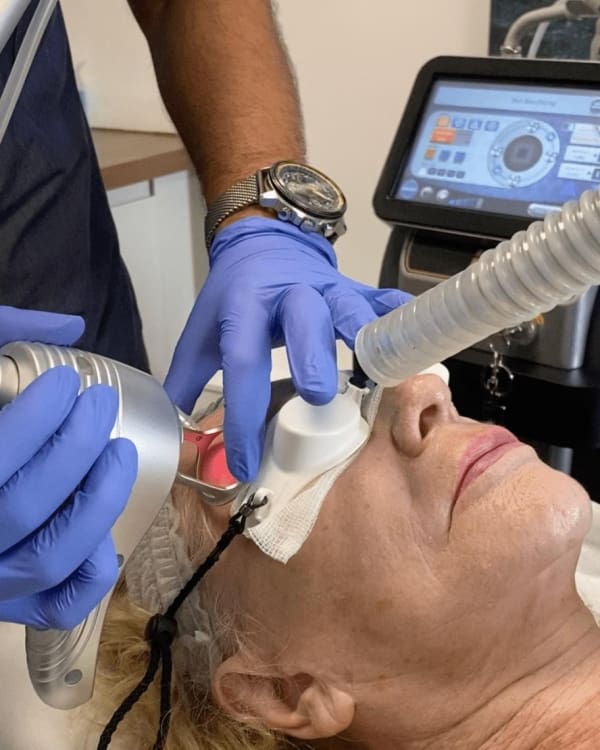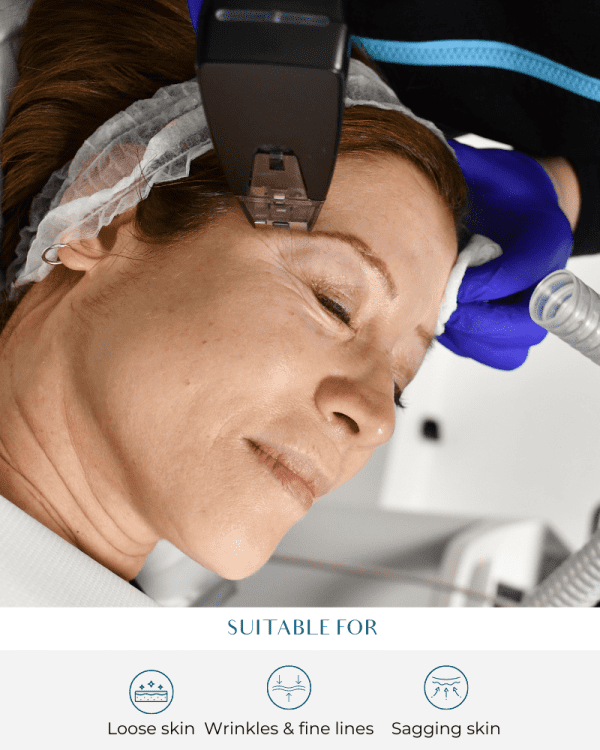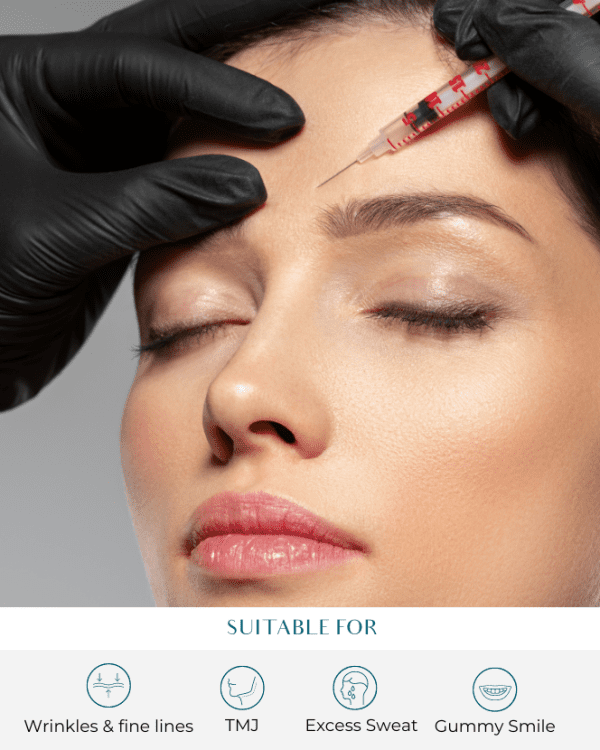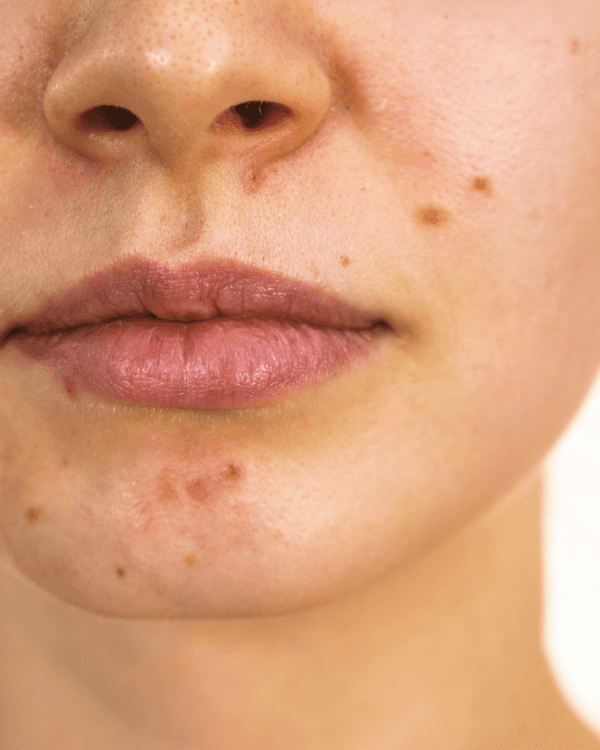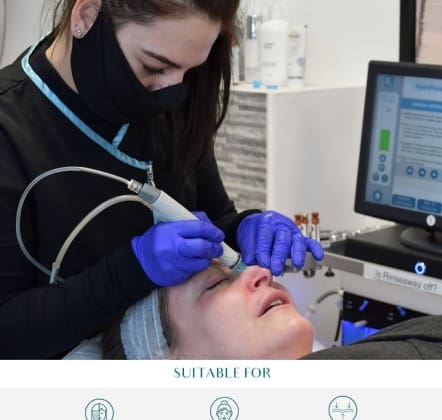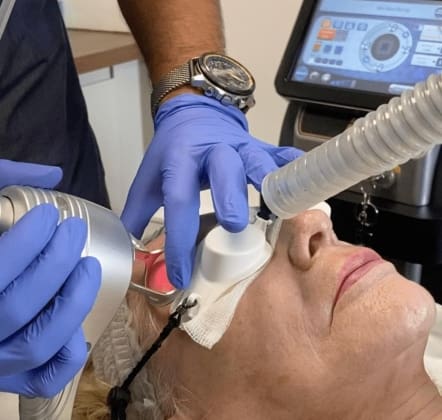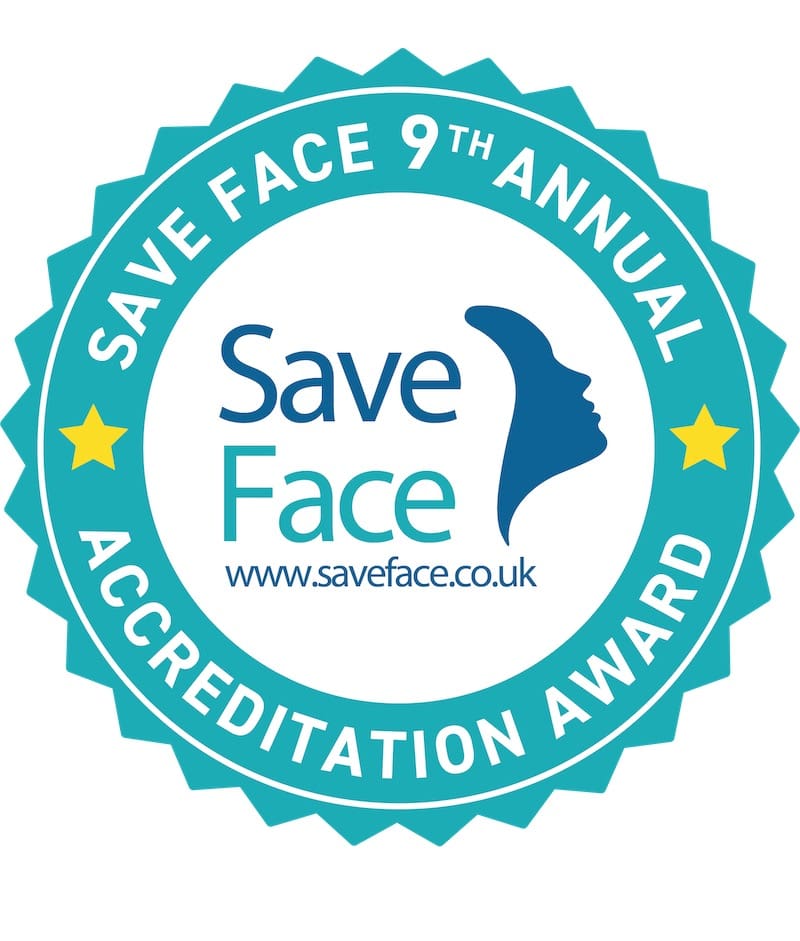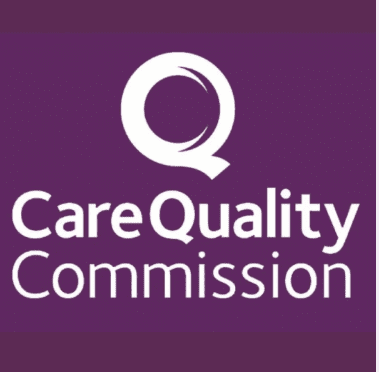How To Clear Spots: Clear Skin Guide
Fed up with fighting spots and acne? You’re not alone. At Perfect Skin Solutions we know how frustrating it is to deal with stubborn blemishes. That’s why we’ve put together this ultimate guide on how to clear spots and get the glowing skin you deserve.
What is Acne: The Root of the Problem
Acne vulgaris, also known as acne, is a skin condition that occurs when hair follicles become blocked with oil and dead skin cells. This oily substance, called sebum, is produced by the skin’s sebaceous glands. When excess sebum mixes with dead skin cells it can cause blocked pores and lead to different types of acne lesions, blackheads, whiteheads and tender or sore pustules.
While acne is often associated with teenagers, adult acne is also common and just as frustrating to deal with. Factors like hormonal changes, stress and certain medications can cause acne to develop or make existing acne worse. Hormonal changes can thicken the lining of the hair follicle and cause blockages that lead to acne.

What is Acne?
Acne is a common skin condition that occurs when the pores on the skin become blocked with dead skin cells, oil and bacteria. This can cause a range of symptoms from mild blackheads and whiteheads to severe, painful cysts and nodules. Acne can appear on the face, chest, back and other parts of the body. It’s often caused by a combination of factors, hormonal changes, genetics and environmental influences. Knowing these triggers can help you manage and treat acne better.
Hormonal Spots
Hormonal changes are a major cause of acne, especially in teenagers and young adults. During puberty the body produces more hormones like testosterone which can stimulate the oil glands in the skin and cause oil to be produced and pores to become blocked. In women hormonal fluctuations during the menstrual cycle, pregnancy and menopause can also cause acne breakouts. Certain hormonal conditions like polycystic ovary syndrome (PCOS) can also increase the risk of getting acne. Knowing these hormonal influences is key to managing acne.
Acne Myths
There are many myths and misconceptions about acne that can make it hard to understand and manage the condition. Here are some common myths and facts:
- Myth: Acne is caused by poor hygiene.Fact: Acne is not caused by poor hygiene but by a combination of factors, hormonal changes, genetics and environmental factors. Over washing can actually irritate the skin and make acne worse.
- Myth: Squeezing pimples is the best way to get rid of them.Fact: Squeezing pimples can actually make them worse, causing inflammation, scarring and prolonged healing time. Leave them alone or use the right treatments.
- Myth: Acne is only for teenagers.Fact: Acne can happen to anyone, including adults. Factors like hormonal changes, stress and certain medications can trigger acne in adults.
Acne Treatments: Mild to Severe
Acne treatment depends on the severity of the condition and can range from mild topical treatments to more severe oral medications. Here are some acne treatments for mild to severe acne:
Topical Treatments for Mild to Moderate Acne
Topical treatments are applied directly to the skin and can be used to treat mild to moderate acne. Here are some:
- Benzoyl Peroxide: OTC treatment that kills bacteria and reduces inflammation. Good for acne caused by bacterial infection in the hair follicles.
- Salicylic Acid: Beta hydroxy acid that exfoliates the skin and unclogs pores by removing dead skin cells. Good for blackheads and whiteheads.
- Topical Antibiotics: For acne caused by bacteria and can be applied directly to the skin. Reduces inflammation and bacterial growth.
- Retinoids: Derivatives of vitamin A that prevents clogged pores and reduces inflammation. Promotes cell turnover to treat and prevent acne lesions.
These topical treatments can be used alone or in combination with other treatments and can be good for mild to moderate acne. But for severe acne, oral medications may be needed.
Acne Treatments: Mild to Severe
Topical Treatments for Mild to Moderate Acne
For mild or moderate acne, topical treatments are the first line of defense. These:
1. Salicylic Acid: BHA that penetrates the pores and removes dead skin cells. Good for blackheads and whiteheads.
2. Benzoyl Peroxide: Antibacterial properties that kills the usually harmless skin bacterium that can infect plugged hair follicles and cause acne.
3. Topical Retinoids: Vitamin A derivatives that unclogs pores by promoting cell turnover and preventing new acne lesions.
4. Azelaic Acid: Anti-inflammatory that reduces skin redness and acne.
5. Tea Tree Oil: Natural alternative with antibacterial properties good for mild to moderate acne.
Treatments for Moderate to Severe Acne
For severe acne or acne that doesn’t respond to topical treatments, other options are:
Moderate or severe acne that has not responded to other treatments often requires oral antibiotics and isotretinoin.
- Oral Antibiotics: Reduces inflammation and fights bacterial infection in moderate to severe acne.
- Combined Oral Contraceptive Pill: For women, hormonal treatments like the combined oral contraceptive pill can help manage acne related to the menstrual cycle.
- Isotretinoin: For severe acne only, this oral medication can be very effective but requires close monitoring due to side effects.
Our Acne-Fighting Tools at Perfect Skin Solutions
At Perfect Skin Solutions, we have:
1. Chemical Peels: Treatments that applies a chemical solution to remove dead skin cells and unclog pores, promotes skin renewal and acne.
2. Topical Medications: We have prescription-strength topical treatments for your skin.
3. Light and Laser: Treatments that targets acne-causing bacteria and reduces inflammation.
4. Customized Skincare: Our experts will create a personalized skincare routine for your skin concerns and to prevent future breakouts.
Acne-Prone Skin Tips
1. Cleanse Gently: Use a mild soap or gentle cleanser twice a day to remove excess oil and dead skin cells.
2. Don’t Over-Wash: Over washing can irritate the skin and worsen acne.
3. Moisturize: Oily skin needs hydration. Look for non-comedogenic moisturizers that won’t clog pores.
4. Protect Your Skin: Wear sun cream daily, some acne treatments can make your skin more sensitive to sunlight.
5. Hands Off: Avoid touching your face often and never pick or squeeze acne lesions, can cause scarring and skin discoloration.
6. Be Patient: Acne treatments takes several weeks to show results. Consistency is key.
When to See a Pro
If over-the-counter treatments doesn’t improve your acne symptoms or if you have severe acne or acne scars, it’s time to see a skincare professional. At Perfect Skin Solutions, our experts will diagnose your acne and recommend the best treatment for your skin.
Remember, with the right approach and professional help, clear skin is achievable. Don’t let acne hold you back – contact Perfect Skin Solutions now and start your journey to the skin you want.















